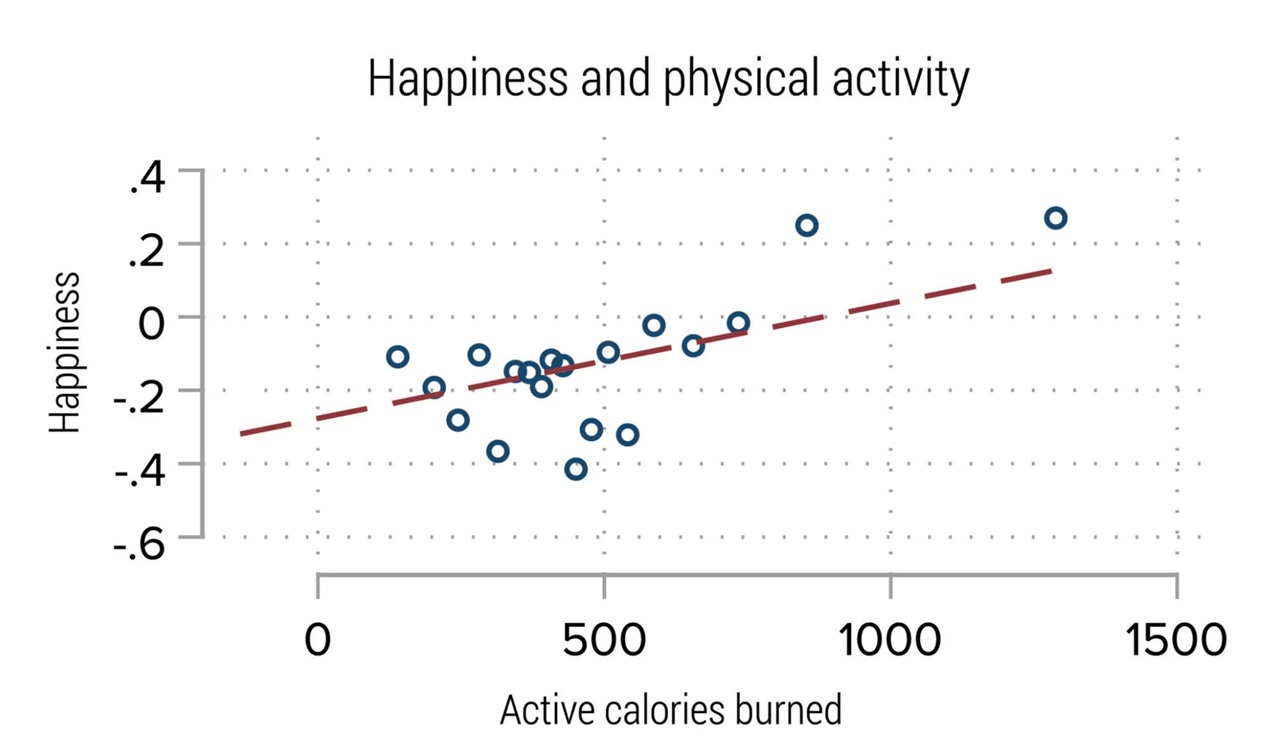Heaptalk, Jakarta — In collaboration with researchers from Harvard University and Oxford University, Garmin has uncovered a strong connection between sleep quality, physical activity, and happiness. These findings are part of a preliminary phase of a more extensive study to identify factors that influence happiness and well-being.
The study utilizes data from smartwatches and smartphones to provide insights that could help shape public policies and product development. As the exclusive smartwatch provider for this research, Garmin leverages sensor data from its product line. These initial findings still require verification through broader global studies.
One of the researchers’ key findings is that daily physical activity and sufficient sleep, measured using Garmin devices, correlate closely with increased happiness and reduced stress levels. Emotional stability varies by age, with older adults showing greater stability while younger individuals experience more fluctuations.
Furthermore, the study indicates high participant engagement, suggesting participants benefit from monitoring their emotions throughout the day. Respondents reported feeling happiest when engaged in social and cultural activities, eating, or spending time with family and friends.
Involving over 10,000 participants worldwide
Susan Lyman, Garmin Vice President of Consumer Sales and Marketing, stated that as a partner in over 1,000 research studies and clinical trials, the Garmin Health team is uniquely positioned to provide smartwatches with exceptional battery performance, high-quality sensors, and dynamic API or SDK integration for monitoring and reporting.
“We are incredibly proud to collaborate with researchers from Harvard University and Oxford University on this groundbreaking effort to understand the relationship between happiness and health better,” Lyman said.
After receiving approval from the Institutional Review Board (IRB), this pilot study was launched by researchers from the Harvard Kennedy School of Government and the Harvard T.H. Chan School of Public Health—in collaboration with the Wellbeing Research Centre at the University of Oxford, the University of Warwick, the University of Saskatchewan, Avicenna, and Garmin—at the Lugano Happiness Forum in Switzerland on June 18, 2024. Having completed the initial trial phase, the health and happiness study has expanded to include over 10,000 participants worldwide.

Completing surveys 3 times a day
Surveys were sent to respondents’ smartphones three times a day, asking them to identify their current happiness levels and activities before completing the study. The responses were then cross-referenced with data from Garmin smartwatches and smartphones to provide qualitative and quantitative representations of how happiness is influenced by physical activity, sleep, socialization, and stress.
Micah Kaats, Harvard University‘s principal investigator, expressed his enthusiasm for the health and happiness study team’s collaboration with Garmin. Garmin’s unique combination of wearable technology, a health-conscious user base, and a strong commitment to improving quality of life through data makes it an ideal partner.
“By leveraging Garmin’s capabilities, we aim to address the recruitment and retention challenges that have historically hindered similar research and uncover new insights into the drivers of mental health and well-being,” Kaats concluded.











